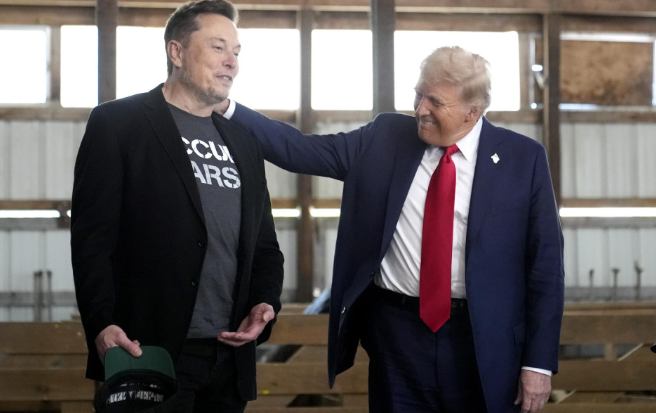[ad_1]
BERLIN (Reuters) – German ministers and car executives will meet on Wednesday to agree ways to cut inner-city pollution to try to stave off bans on diesel cars and restore the tarnished reputation of the country’s auto industry.
Since Volkswagen admitted to cheating U.S. diesel emissions tests in September 2015, Chancellor Angela Merkel’s government has come under fire for not doing enough to crack down on vehicle pollution and for being too close to powerful carmakers.
The issue has become a central campaign topic ahead of national elections next month and the government is keen to show it is taking action as environmental groups make progress in the courts to force major cities to ban diesel vehicles.
But ministers are also wary of damaging an industry that is the country’s biggest exporter and provides about 800,000 jobs.
“We still need a strong auto industry. We want our carmakers to continue to be successful in the world and to carry on building the best cars,” said Armin Laschet, the premier of the North-Rhine Westphalia region that is home to many car plants.
“We need to save diesel… but there must also be a new push into the electric era,” he added.
The stakes have increased in recent weeks for the German car industry. Britain and France have announced plans to eventually ban all diesel and petrol vehicles, while top carmakers BMW, Daimler, Audi, Porsche and VW are being investigated by European regulators for alleged anti-competitive collusion.
An opinion poll published on Wednesday by Die Welt newspaper showed that 73 percent of Germans want politicians to take a tougher line with the car industry on air pollution.
Vehicle Bans
Industry and government sources said on Tuesday that carmakers would probably be spared making costly hardware changes to engines and would instead be required to carry out software updates to around 2 million vehicles.
Whether that will be enough to revive diesel vehicle sales or stop bans – like one planned for Stuttgart that was confirmed by a regional court last week – is another matter.
“Software updates are better than nothing, but I have doubts this deal will persuade people to start buying diesels again,” said Stefan Bratzel, head of the Center of Automotive Management think-tank near Cologne.
VW’s emissions crisis led to a string of revelations that showed diesel vehicles from most manufacturers release far more toxic nitrogen oxides (NOx) on the road than in laboratory tests used to assess their safety.
That has hit sales of diesel vehicles in Germany as buyers worry about potential driving restrictions, causing a big headache for carmakers that were betting on diesel technology to cut carbon dioxide emissions to meet climate change rules.
Stephan Weil, premier of the Lower Saxony state that is home to VW, said he did not expect a quick fix to the sector’s problems.
“The car industry made serious mistakes, huge mistakes over many years,” Weil told ZDF television. “We will not be able to clear up an aberration that developed over so many years within months or just a few days.”
There are around 15 million diesel cars on Germany’s roads, which contribute around 40 percent to NOx pollution in major cities, according to the DUH environmental lobby.
“The car industry is wrapped up in a prolonged crisis of confidence,” Bratzel said. “It’s high time for automakers to make a contribution to get out of this mess.”
Additional reporting by Madeline Chambers; Editing by Mark Potter/Keith Weir
[ad_2]
Source link






Leave a Reply